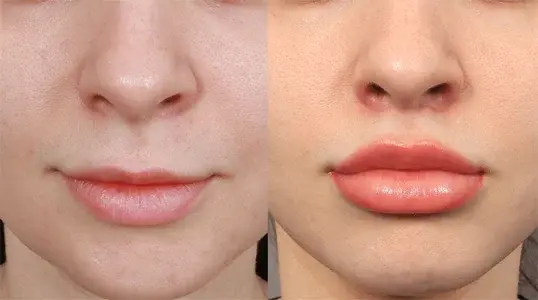Beat the Sweat: How Botox Can Help You Stay Cool and Confident
- May 16, 2025
- 2 min read
Updated: Sep 1, 2025

Summer is all about sunshine, holidays, and poolside cocktails—but let’s be honest, it also brings an unwelcome guest: sweat. For many people, sweating is more than just a warm-weather nuisance. If you're constantly changing shirts, dabbing your forehead, or feeling self-conscious about underarm stains, you might be dealing with something more serious.
What Is Hyperhidrosis?
Hyperhidrosis is a medical condition that causes excessive sweating, often in areas like the underarms, hands, feet, and face. Unlike typical sweating caused by heat or exercise, hyperhidrosis can strike anytime, even in cool weather or when you're completely at rest.
Excessive sweating can:
Disrupt your daily activities
Cause embarrassing sweat patches
Lead to body odour
Trigger anxiety or social discomfort
If you've tried every antiperspirant on the shelf without relief, it may be time to consider a different solution.
Botox for Sweating? Yes, Really.
While Botox is widely known for smoothing wrinkles, it also has a powerful medical use: blocking the nerve signals that tell your sweat glands to activate. When injected into the skin, Botox reduces excessive sweating in targeted areas by putting sweat glands on “pause.”
What to Expect During Treatment
The procedure is:
Quick – Most sessions take less than 10 minutes
Non-surgical – No incisions or downtime
Long-lasting – Results typically last 6–12 months
Effective – Most patients experience a significant reduction in sweating
Common treatment areas include:
Underarms
Palms of the hands
Soles of the feet
Groin (less commonly discussed, but treatable)
Real Confidence, Real Results
Imagine being able to wear your favorite light-colored clothes again—or shake hands at a meeting without hesitation. Many patients find that treating hyperhidrosis with Botox not only improves comfort, but also boosts their confidence and social freedom.
Is It Right for You?
If you're dealing with excessive sweating that affects your quality of life, it's worth talking to a qualified specialist about your options. While Botox isn’t a cure, it’s a trusted treatment that can make a huge difference.



